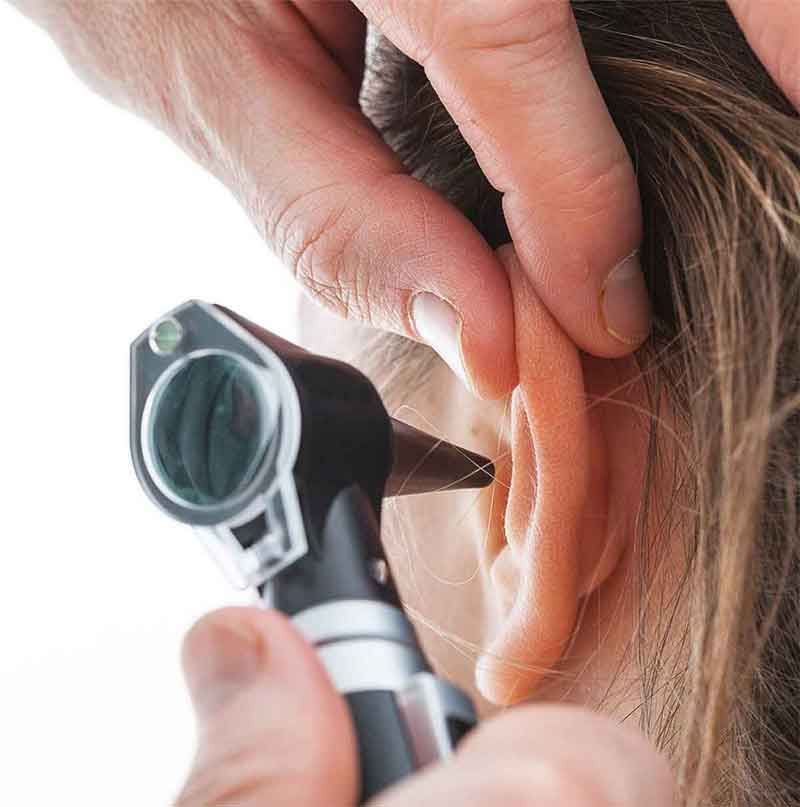OVER-THE-COUNTER HEARING DEVICES ARE NOT EQUIVALENT TO TRADITIONAL HEARING AIDS
New research shows that even slight hearing loss can negatively affect your health and has been associated with cognitive issues, mental health, and even more frequent accidents and falls.
In spite of this, many people ignore their hearing loss and avoid getting treatment such as hearing aids. We often hear that hearing aids are just too expensive.
We get it. It is an investment. That’s why at Robby Young’s Hearing Aid Center we try to help clients afford the right hearing loss treatments for their individual needs.
Luckily, breakthrough innovations have made hearing aids more affordable than ever.
One development is that lower-cost devices, including over-the-counter amplifiers, are now available in many pharmacies.
But buyer beware: Just because you can get a device over the counter, doesn’t mean you should attempt to treat your hearing loss on your own. Treating hearing loss is a science and starts with determining which frequencies you’re having trouble hearing.
Understanding speech, for example, relies on the clarity of sound which is influenced by the way it fits, what settings you use and whether it’s strong enough to treat your hearing loss. That’s why the first step should always be a hearing test.
Don't wait!
Early treatment is the most effective treatment.
Talk to the experts. Call or text us today.
Why Do I Need a Hearing Test to Treat Hearing Loss?
Over-the-counter hearing aids are not strong enough to treat some types of hearing loss. So to truly hear clearly again, you need to start the entire process with a hearing test. This will make sure you’re purchasing the right device for your type of hearing loss and will help get the right “fit.” Hearing aids, and even some over-the-counter devices, can be programmed to your specific hearing loss. But unless you know which frequencies you’re having difficulty hearing, you can’t take advantage of this function.

Why wait? You don’t have to live with hearing loss.
Why wait? You don’t have to live with hearing loss.
Volume Isn’t the Only Variable
Based on your answers and your test results, our highly trained hearing experts may recommend hearing aids if the testing reveals a sensorineural hearing loss, which indicates damage to the inner ear (cochlea) or nerves that run from the cochlea to the brain.
There are literally thousands of hearing aids available today. Our experienced staff will use the information in your case history and in the audiological evaluation to help narrow your choices. Which hearing aids to purchase? You’ll make the final decision.
- If you increase the volume indiscriminately across all frequencies, it’ll be painful in the frequencies you don’t have hearing loss. In fact, you risk damaging your hearing even more.
- If it’s painful or even just uncomfortable, you may stop wearing it, and that would be both a waste of money and would mean you’re not treating your hearing loss.
- Some consonants and vowels are spoken at different frequencies. In order to make out speech, you need to hear all frequencies at the same volume. So if your device isn’t programmed correctly, you still won’t hear the conversation well.
Not only should you get a hearing test before you purchase a hearing device, but regular hearing tests also help make sure your hearing hasn’t changed subtly and that they are still working well.
Why wait? You don’t have to live with hearing loss.
Why wait? You don’t have to live with hearing loss.
Part of Hearing Is Blocking Out Background Noise
“Cheap Hearing Aids” vs Traditional Hearing Aids
Some studies indicate that getting proper treatment helps to restore mental acuity and improve mental health. It pays to get a hearing test and make sure your treatment is appropriate to your needs.
